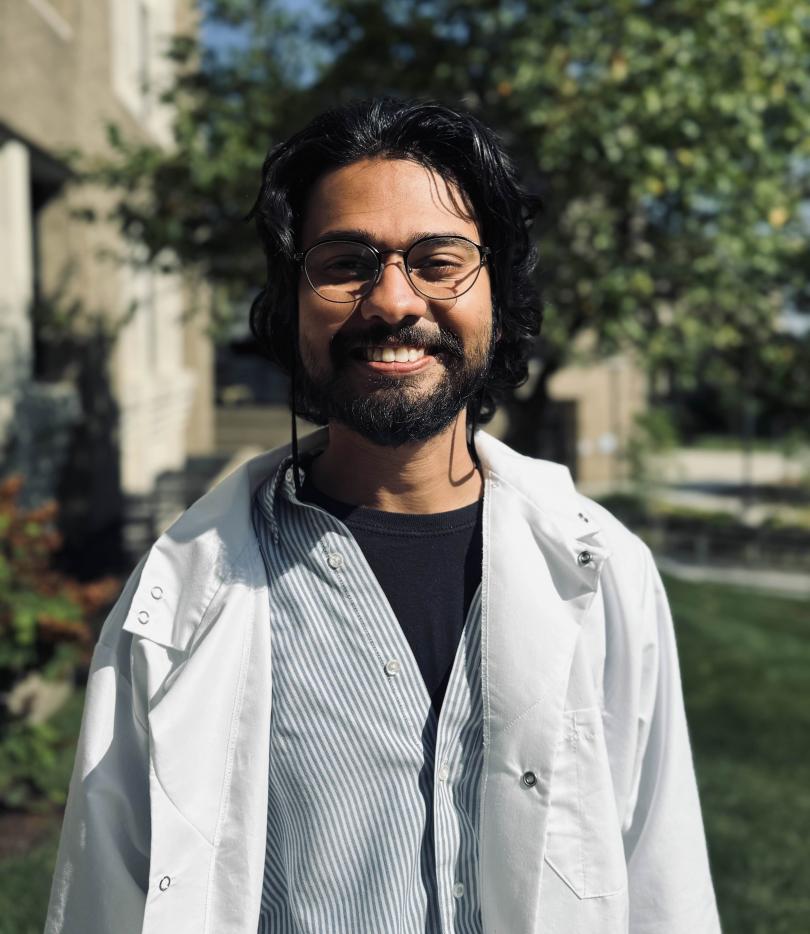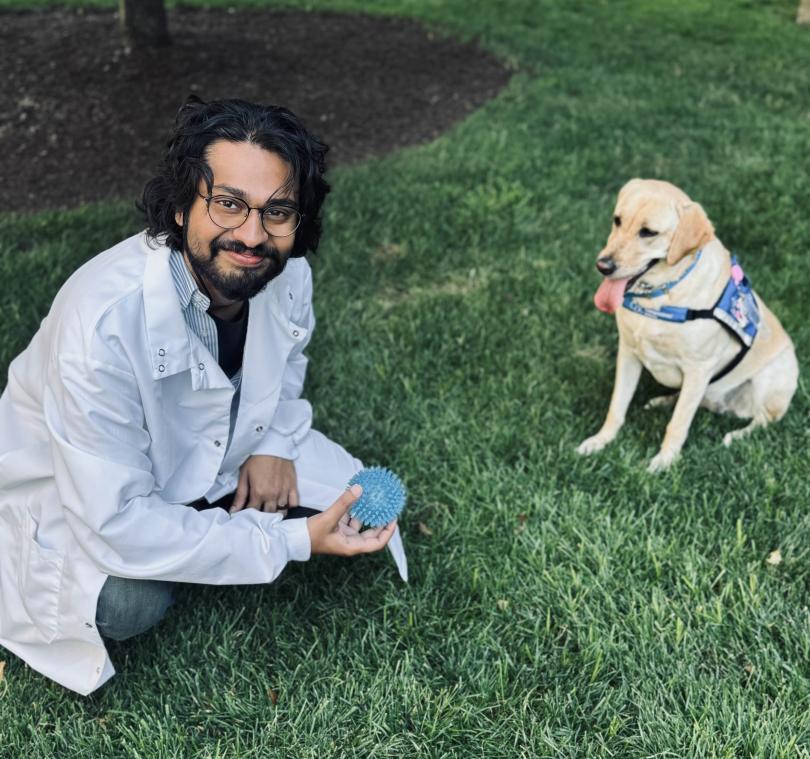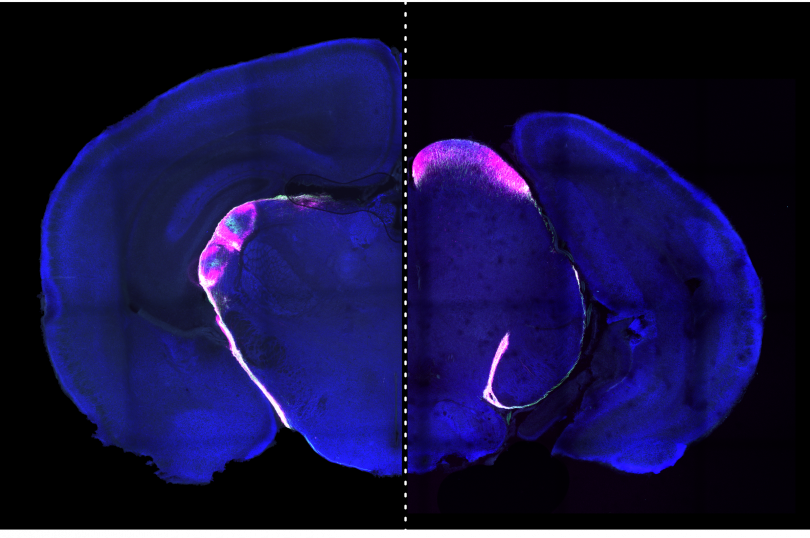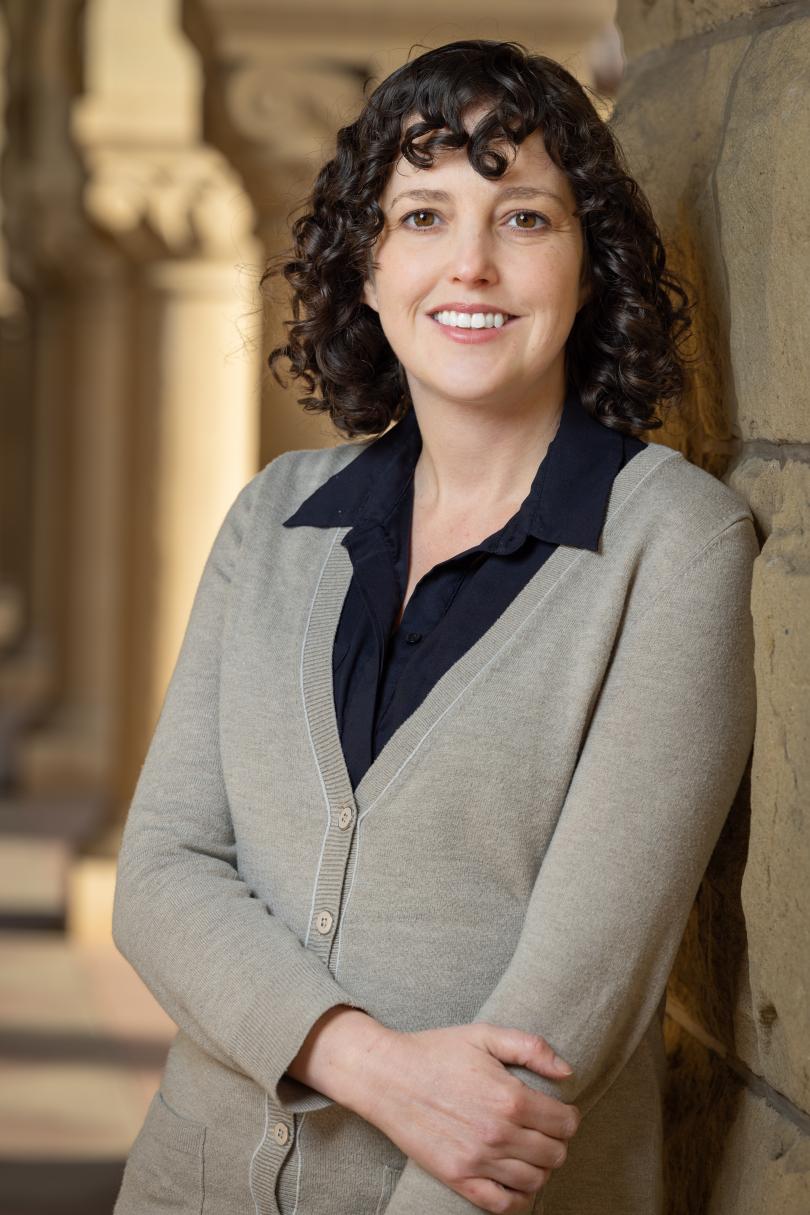"An Active Role for Vision Prior to Eye-opening in Neonates"
 Dr. Shane D'Souza
Dr. Shane D'Souza
Bio:
Dr. Shane Peter D’Souza is a neuroscientist and vision researcher whose work spans developmental neurobiology, sensory physiology, and circadian biology. He earned his BS in Biology at the University of Kentucky and PhD in Molecular and Developmental Biology from the University of Cincinnati/Cincinnati Children’s Hospital Medical Center, where he investigated how early light exposure shapes neural circuit development in the retina and brain. Now a Postdoctoral Research Fellow in Pediatric Ophthalmology at Cincinnati Children’s, Dr. D’Souza’s research integrates molecular, anatomical, physiological, and computational approaches to understand how intrinsically photosensitive retinal ganglion cells (ipRGCs) and other non-visual photoreceptors influence sensory-driven circuit refinement, photoreceptor abundance, and cross-modal communication in early life. His publication record includes discoveries on melanopsin-dependent regulation of rod photoreceptors, neuropsin and encephalopsin function in visual and non-visual systems, and the role of light-sensitive hypothalamic neurons in thermoregulation and metabolism. By combining high-resolution imaging, transcriptomics, biophysical modeling, and machine-learning, his work aims to uncover fundamental principles of sensory-mediated neural development and sensory adaptation across species. In his spare time, he enjoys studying the evolution of storm systems and serves as a storm spotter for NWS Wilmington, OH. In his spare-spare time, he writes and produces music from his living room.
Abstract:
Most mammals are born with immature, poorly developed sensory systems. As these systems come online, they use immature sensory experience to shape synapses, cell types, and their connectivity across the brain. In the visual system, this experience is thought to be passive, supporting and setting up later modes of image-forming vision after eye-opening. However, little is known about the form and function of visual experience during the earliest period in a neonate’s life. Driven by this, we set out to generate a comprehensive map of visual system activity and neonatal behaviors in mice. Using a host of machine learning-based approaches we developed an atlas perinatal visual system activity from the retina to several regions of the brain. Using a combination of chromatic stimuli and genetic loss-of-function mice, we identified the M1 intrinsically photosensitive retinal ganglion cell (ipRGC) in the retina as the driver of early visual system activity, activating distinct brain regions during development. Using this atlas as a guide to assess behaviors, we find that this visual input drives the production of ultrasonic vocalization in neonates and “blinding” mice leads to an augmented vocal code. Together, these data suggest that early visual system activity has an active role in supporting the development of neonatal behaviors and warrants a deeper exploration of early sensory activity across the developing brain.
Watch the seminar here!



